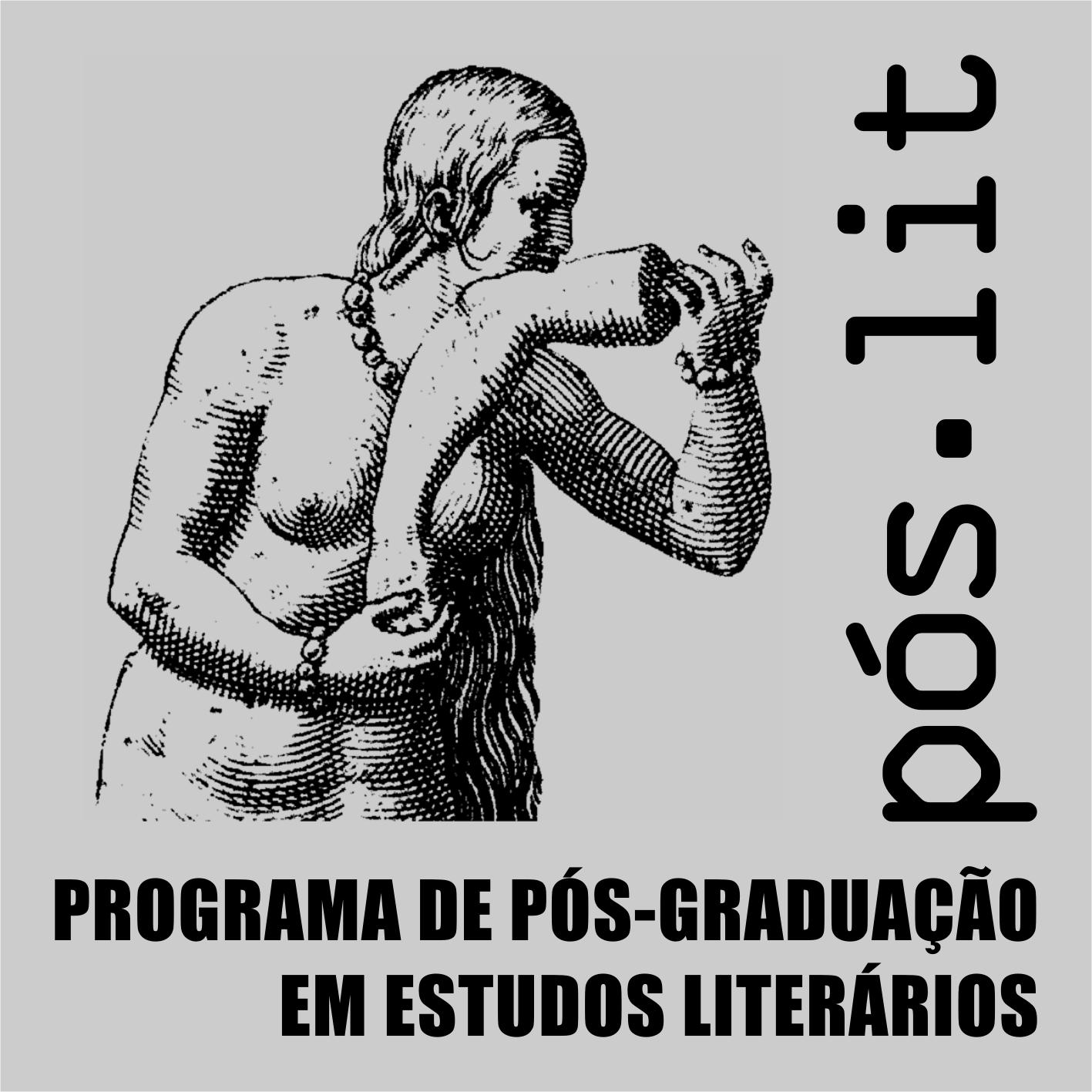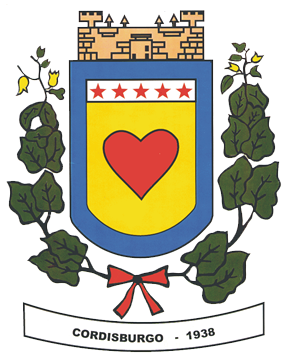|
We believe that an event that gathers foreign translators of Guimarães Rosa to the heart of the state is undeniably important for both for Minas Gerais and for Brazil; the event will not only give visibility to the work of the Rosa, a native of the city, but also portray the country as an exporter of poetics through translations of the Sertão produced in a more cosmopolitan and interactive context; thus, the world (represented by translators of different nationalities) is imported to the Sertão (represented in thecity of Cordisburgo) and the Sertão is exported to the world.
Thus, we are looking for an epistemological opening: translation from the work’s place of production and ideation using non-native agents. Inserting foreign translators into the cartography of the Sertão will establish as a pedagogical space of cultural integration. We want to problematize deeply rooted poetic questions about the Sertanejo’s world view, study the local contexts and open them to the cosmopolitanism intended in Rosa’s writing. Producing theoretical thinking about the translation of Rosa’s poetry in loco, in a dialectic relationship with speakers of other languages, will be linked with thinking about the translation of dialogue between potential diffusers of Rosa’s literature and the “concrete things” of Minas (and Brazil). In addition, the project will open new avenues for research about the region hosting the event (for this reason we have invited a geographer, Heinz Dieter Heidemann (USP), to join the team).
João Guimarães Rosa was always conscious of the knowledge gap faced by his translators. The author devoted many pages of correspondence clarifying regional details, subtleties of pronunciation, syntactical variation, the particularities of the specific lexicon and his linguistic creations to his translators (Hans Curt Werner Meyer-Cason; Edoardo Bizarri; J.J. Villard; Angel Crespo, Harriet de Onís): in this also he was a diplomat.
In recognition of Rosa’s zeal and understanding the importance of promoting quality translations of his work - which in our point of view can be seen as a metonymy for the State of Minas Gerais - we chose to hold an event in the city of Cordisburgo to make the visual, tactile, gustatory and sonorous landscape of the region available to the invited translators. We intend to discuss ongoing translations and foster interest in new translations that favor the perspective of literary translation of Rosa’s works, including studies of local orality (with its dialectal variations) and the real environment of Rosa’s opus magnus, Grande Sertão: veredas in French, Italian, English and German.
At the same time, we will continue the process of internationalizing the region’s residents, which at this point will consist of introducing the local population to foreign language studies – in addition to the free regular German instruction that has been offered since the first international event (as an extension project of UFMG’s Faculty of Letters) under the supervision of Prof. Volker Karl Lothar Jaeckel. This step, involving a similar course in Italian, will begin during the week of the event and continue for two successive semesters.
|









